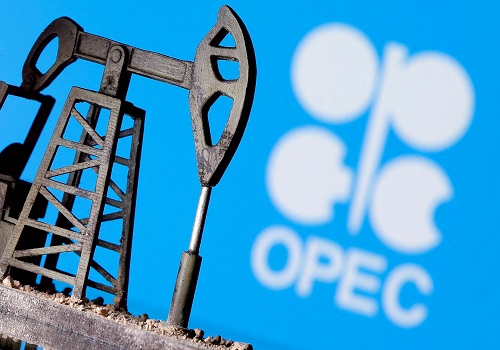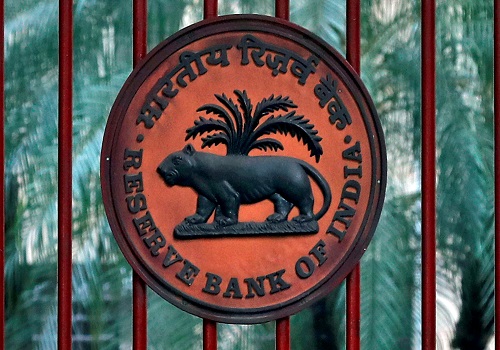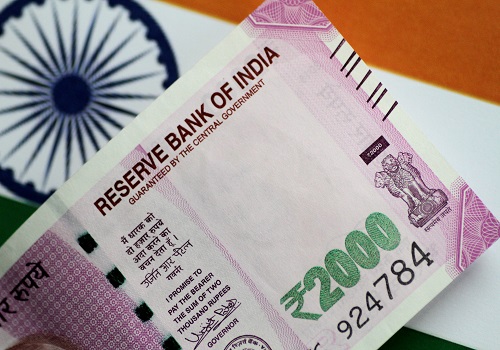Markets end in red ahead of Christmas
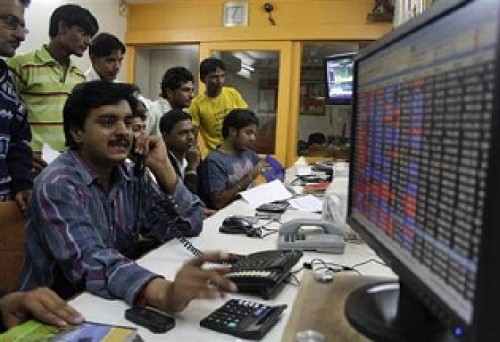
Follow us Now on Telegram ! Get daily 10 - 12 important updates on Business, Finance and Investment. Join our Telegram Channel
Indian equity benchmarks ended the Friday’s trade in red terrain as traders opted to book profit from three day consecutive gains. Soon after making a positive start markets entered into red terrain as trader remain concerned as the Federation of Indian Export Organisations (FIEO) said India’s exports growth may slow to 15-17.5% in FY23 but containment of Covid-19 through massive vaccination across the globe and creation of required capacity will be the decisive factors. Traders also remained cautious, amid reports that the Indian hospitality industry, battered by the pandemic, is on alert mode but not panicking yet in the face of the Omicron variant threatening to derail prospects of winter holiday season business.
Markets extended losses as the Centre for Monitoring Indian Economy said that the outbreak of pandemic has led to an increase in the number of households with no earning members making them more vulnerable to the pandemic. Besides, Automobile dealers' body FADA said passenger vehicle supplies may get affected further if chip-making countries go under lockdown due to the spread of the Omicron variant of COVID-19. The industry body, however, noted that it expects the semiconductor shortage situation to normalize by the second half of next year. However, traders trimmed some losses in later part of the trade as some support came with a private report that India can generate $813 billion in revenue creating 152 million jobs, with an investment of $272 billion in agritech and allied segments by 2030, making it the largest private sector industry in the country. Traders also took some relief after Jayant Sinha, Chairperson, Parliament Standing Committee on Finance, has said that the government is working to bring changes in the GST Act and other public platforms so that companies can utilise data to grow big in size and scale.
On the global front, European markets were trading mixed ahead of the Christmas holiday amid thin trading volumes, with traders weighing risks from the omicron variant. Asian markets ended mostly higher, even after overall nationwide consumer prices in Japan were up 0.6 percent on year in November, the Ministry of Internal Affairs and Communications said - beating forecasts for 0.4 percent and up from 0.1 percent in October. Core CPI, which excludes volatile food prices, climbed an annual 0.5 percent - also exceeding expectations for 0.4 percent and up from 0.1 percent in the previous month.
Back home, the road transport and highways minister Nitin Gadkari said the government has issued an advisory to carmakers to introduce flexible-fuel engines in vehicles. Gadkari also said the government is working to encourage the use of green and alternative fuels. On the sectoral front, oil & gas industry stocks remained in focus as data on the website of the Petroleum Planning and Analysis Cell (PPAC) showed India's crude oil imports in November rose to their highest level in 10 months as refiners stocked up to boost runs in anticipation of strong demand in the world's third-largest oil consumer and importer.
Finally, the BSE Sensex lost 190.97 points or 0.33% to 57,124.31 and the CNX Nifty was down by 68.85 points or 0.40% to 17,003.75.
The BSE Sensex touched high and low of 57,623.69 and 56,813.42, respectively and there were 8 stocks advancing against 22 stocks declining on the index.
The broader indices ended in red; the BSE Mid cap index decreased 1.15%, while Small cap index was down by 0.60%.
The only gaining sectoral indices on the BSE were IT up by 0.74% and TECK up by 0.54%, while Power down by 2.04%, Utilities down by 1.96%, PSU down by 1.67%, Realty down by 1.43% and Oil & Gas down by 1.06% were the top losing indices on BSE.
The top gainers on the Sensex were HCL Tech up by 3.08%, Tech Mahindra up by 2.34%, Asian Paints up by 0.65%, Wipro up by 0.55% and Infosys up by 0.37%. On the flip side, NTPC down by 2.69%, Power Grid Corporation down by 2.47%, Mahindra & Mahindra down by 1.71%, Axis Bank down by 1.59% and Kotak Mahindra Bank down by 1.57% were the top losers.
Meanwhile, expressing cautiousness, the Federation of Indian Export Organisations (FIEO) has said it will aim for $460-475 billion exports in the next fiscal year, taking a conservative approach, due to emergence of new variants of coronavirus and the existing supply side challenges. FIEO President A Sakthivel said during 2021-22, exports are expected to reach $400 billion. He said the spectacular increase in global trade by about 22 per cent, buoyed by high prices of commodities, as witnessed in 2021 will not be there to provide the tailwind to India's exports. Much will also depend on whether the world would be able to contain COVID-19 through massive vaccination across the globe and be able to create the required vaccine manufacturing capacity.
He added ‘Looking into the emergence of the new variants and supply side challenges at this point of time, we would like to be a little conservative and will aim for an export of $460-475 billion during the next fiscal’. He also expressed hope that the global consumption would go up substantially in 2022, albeit the pandemic is controlled. He highlighted that ‘The good thing with our exports has been a very balanced growth across sectors both in traditional exports as well as sunrise sectors of exports during the current fiscal’. He also said ‘We are hopeful that the same trend will continue particularly as the order booking position of all exporters is extremely encouraging and China plus one policy of global companies is definitely helping our exports’.
Sakthivel said ‘While container shortage has eased due to peak season supplies for Christmas, New Year and Chinese New Year getting over, the same is likely to compound once countries open up after the holiday seasons particularly if the new variant is not brought under control’. Next year also, FIEO feels that exports growth will be widespread and exports to NAFTA, Europe, the Middle East, Oceania will continue to boom particularly as ‘we should look’ at concluding free trade agreements with the UK and UAE soon and similar pacts with Canada and Australia in 2022. Moreover, with increase in the prices of inputs, skyrocketing freight and delays in shipments and payments have resulted in the need for additional credit.
The CNX Nifty traded in a range of 16,909.60 and 17,155.60 and there was 11 stocks advancing against 39 stocks declining on the index.
The top gainers on Nifty were HCL Tech up by 3.08%, Tech Mahindra up by 2.38%, SBI Life Insurance up by 2.02%, Wipro up by 0.56% and Asian Paints up by 0.52%. On the flip side, Grasim Industries down by 2.93%, NTPC down by 2.65%, Mahindra & Mahindra down by 1.72%, Eicher Motors down by 1.71% and Indian Oil Corporation down by 1.69% were the top losers.
European markets were trading in green, UK’s FTSE increased 27.09 points or 0.37% to 7,400.43, France’s CAC gained 1.43 points or 0.02% to 7,107.58 and Germany’s DAX was up by 162.84 points or 1.04% to 15,756.31.
Asian markets ended mostly higher on Friday due to easing worries of fallout from the Omicron coronavirus variant after data indicated that both Merck's and Pfizer's Covid-19 antiviral pills were effective against the Omicron variant. Separate studies have indicated the new strain Omicron poses a lower risk of severe disease and hospitalization than the Delta variant. Meanwhile, Wall Street’s overnight gains as another batch of upbeat U.S. economic data, including improved consumer sentiment, increased new home sales and better-than-expected durable goods sales also helped bolster market sentiments. Hong Kong shares gained after troubled Chinese developer China Evergrande Group said it would actively engage with offshore creditors following its recent missed debt repayments. However, Chinese shares fell due to worries of a local outbreak of Covid-19 weighed on some business operations and investor sentiment. Japanese shares ended on a flat note with negative bias as investors fretted on news that Tokyo’s first community spread of the Omicron variant of the novel coronavirus was confirmed on Christmas Eve.
Above views are of the author and not of the website kindly read disclaimer
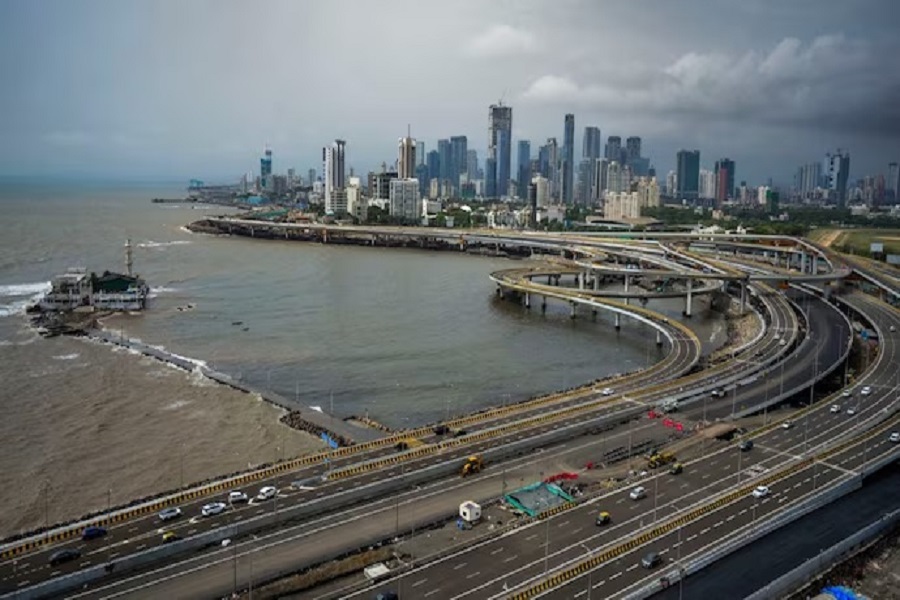





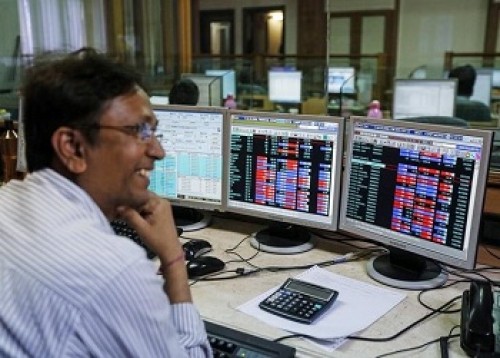

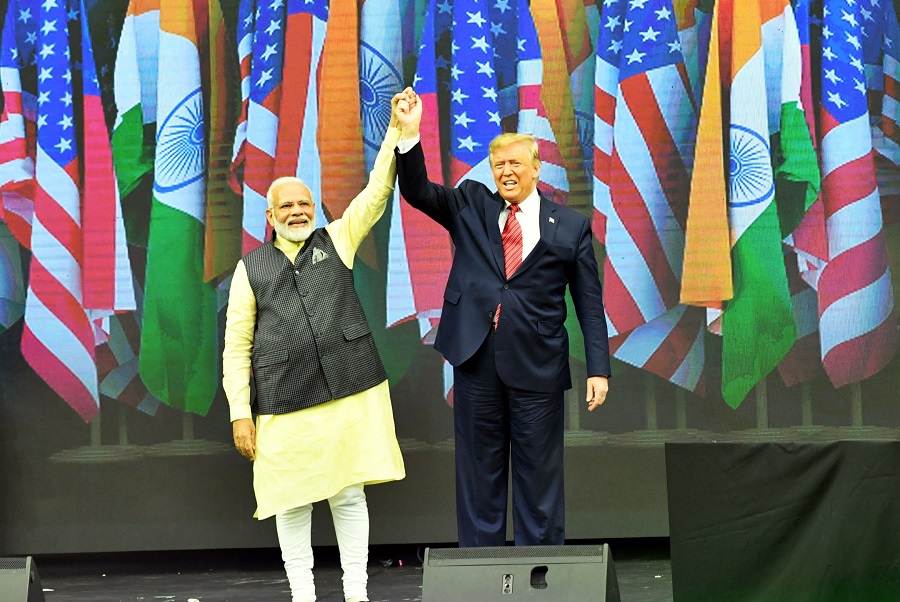

Tag News

Weekly Market Analysis : Markets strengthened recovery and gained nearly 2% in the passing w...



More News

Index is likely to open on a gap up note today and is likely to remain positive during the d...






